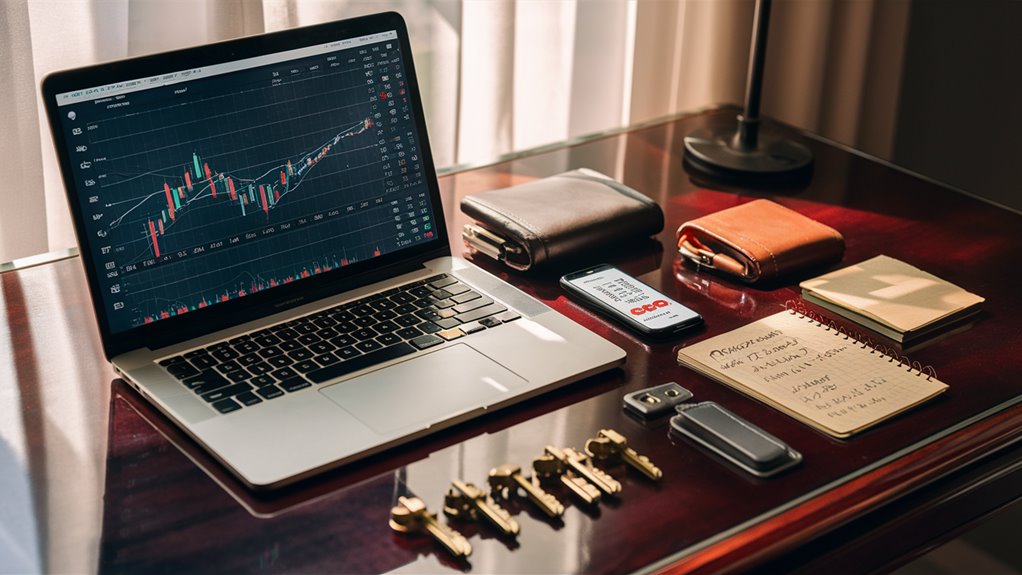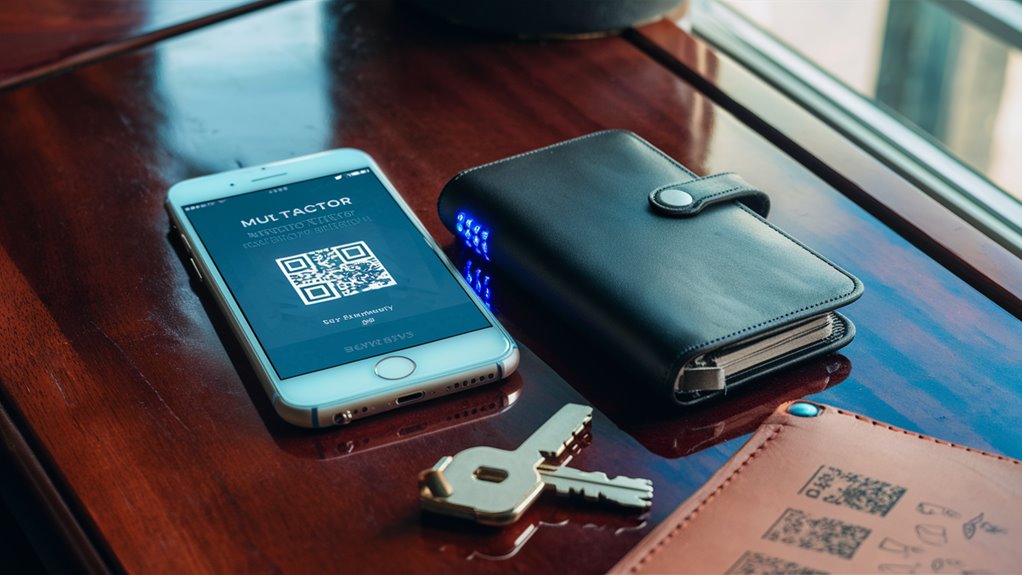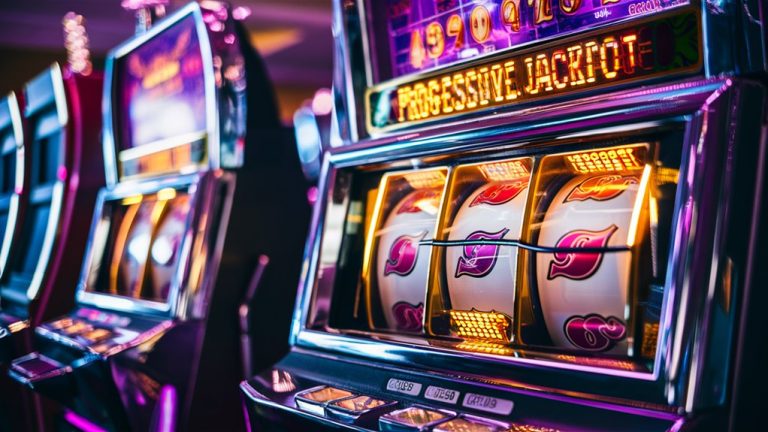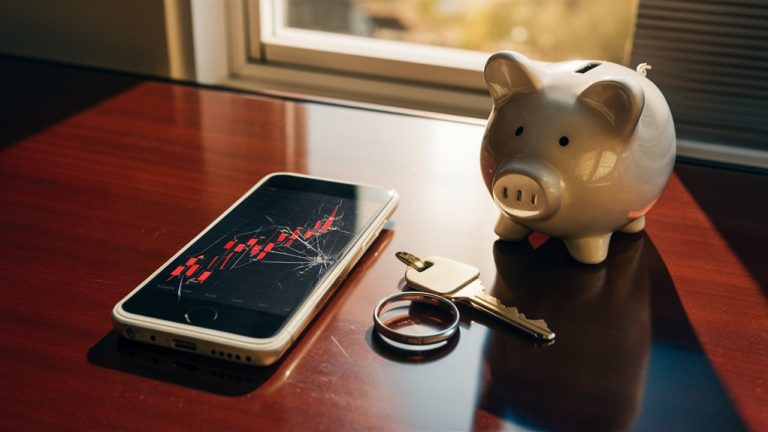
How to Gamble With Cryptocurrency Safely

Keeping your cryptocurrency bets safe means using many safety steps in key areas. To start, check the legitimacy of the platform by looking for valid gambling licenses, SSL encryption, and systems that ensure fair play. 온카스터디
Key Safety Steps
Using a hardware wallet is a first essential safety step – choose trusted devices like Ledger or Trezor to keep your cryptocurrency safe. Turn on two-factor authentication (2FA) for all accounts and keep your private key very safe. Do not share your private details or keep them where they can be easily found.
How to Manage Risks
Manage your money by only betting 1-2% of your funds on each bet. Set clear limits on losses and always stick to them. Always double-check wallet addresses and do small test transfers to make sure they are correct.
Picking a Safe Platform
Go for well-known cryptocurrency gambling sites that show:
- Clear calculation of house edge
- Detailed withdrawal steps
- Helpful customer support
- Clear following of rules
- Proven record of timely payments
- Strong safety systems
These basic safety steps build a strong shield for your crypto gambling, lowering risks while you have fun.
Choosing Real Cryptocurrency Gambling Sites
How to Check if a Cryptocurrency Gambling Site is Real
Key Steps for Safety
Licensing
Before you use a cryptocurrency gambling platform, check their license to operate.
Look for licenses from trusted places like the Malta Gaming Authority, Curacao eGaming, or the UK Gambling Commission. These licenses should be easy to find and check on official sites.
Safety Steps
Check the site’s safety measures, including up-to-date SSL encryption, required two-factor authentication (2FA), and strong systems for keeping cryptocurrency safe.
For sites that use their own rules, look at how their smart contracts work and check if they have safety checks done by another company.
Doing Your Homework
Check Their Reputation
Learn as much as you can about the site’s reputation in the crypto gambling world. Look at records of their deals, what their users say, and discussions on independent forums. Good signs include:
- Fast handling of withdrawals
- Quick customer support
- Records of past security issues
- How they solve user problems
Checking Details
Learn about the site’s openness regarding:
- How they ensure fair play
- How they create random numbers
- How they set the house edge
- How they prove they have money in reserve
- How they work with blockchain
Limits on Risk
Testing the Site
Start with small deposits to check:
- How fast they confirm deposits
- How well they handle transactions
- How their withdrawal system works
- How reliable their site feels
This careful checking helps you spot real, safe cryptocurrency gambling sites and keep clear of scams and risks.
Understanding How to Keep Your Digital Wallet Safe
Keeping Your Digital Wallet Safe: All You Need to Know
Basic Safety Steps
Using a hardware wallet is fundamental for keeping your cryptocurrency safe.
Ledger and Trezor devices are best for keeping a lot of crypto safe, while software wallets are better for daily use funds.
Important Safety Steps
Keep your private keys and seed phrases secret and never share them.
Use two-factor authentication (2FA) with apps instead of SMS to protect against phone vulnerabilities.
Use different wallets for different purposes to set clear safety lines.
Extra Safety for Transactions
Checking transactions needs many confirmation steps for withdrawals or deposits.
Use unique, strong passwords for each site and update them often to keep safety strong.
Keep your software wallets up-to-date and only do transactions on safe private networks.
Backup and Recovery Steps
Set up systematic backup plans for your wallet in many safe places, focusing on offline options.
This multi-step approach protects against tech issues and possible online threats, ensuring you can always get to your digital money.
Key Safety Actions
- Check withdrawal addresses a lot
- Turn on advanced 2FA options
- Keep trading and savings wallets separate
- Check your security often
- Change passwords routinely
- Keep backups in several safe spots
- Only use trusted private networks
- Keep your software fully updated
Setting Strong Money Management Rules
Key Rules for Managing Your Money in Crypto Gambling

Setting Smart Limits
Protecting your bankroll means setting strict rules as a key part of responsible crypto gambling.
Decide on a max bet size of 1-2% of your total bankroll for each bet, no matter how sure you are of winning. This careful choice helps stop big losses and keeps your betting safe over time.
Loss Limits
Setting fixed loss limits helps keep you in control. Set limits for each game session and for each day before you start betting.
For a bankroll of 0.1 BTC, think about:
- Session loss limit: 0.01 BTC
- Daily loss limit: 0.02 BTC
- Stop right away if you hit any limit
Keeping Track and Handling Money
Keep a detailed betting book that logs:
- Date of each bet
- How much you bet
- Odds you got
- Results
- Running total of your money
Set up auto systems for moving out extra profits past your set bankroll into safe storage.
Stick to your starting limits no matter how you are doing – don’t put winnings back in or try to win back losses by changing how much you bet.
More Ways to Manage Risks
Use these extra safety steps:
- Check how you’re doing often
- Look for patterns in your bets
- Make choices without letting feelings get in the way
- Always follow the limits you set before
- Set times for taking out profits
Checking Cryptocurrency Deals Carefully
Guide to Checking Cryptocurrency Transactions
Key Steps for Safe Deals
Checking transactions is central to keeping your cryptocurrency safe. This guide goes over vital steps for protecting your digital money while you move it.
Checking Wallet Addresses
Always double-check wallet addresses carefully against what the platform shows before you move any cryptocurrency around.
Every character must be right, as even small mistakes can cause big losses.
Start with a tiny test transaction to make sure the wallet address is correct.
Checking the Network
Pay attention to which blockchain network to use when moving tokens like USDT. Check that your target platform can accept the type of transfer you plan (ERC-20, TRC-20).
Keep using the same network for all parts of the transfer to keep it from failing.
Watching the Confirmation Process
Use dedicated tools to watch the blockchain confirmations to track your transfer step-by-step.
Wait for at least 2-3 confirmations before seeing the transfer as done.
Write down the transaction ID for your records and in case you need to talk to support.
Best Security Practices
- Keeping records: Write down details of every transaction
- Checking the network: Make sure the blockchain is right
- Validating addresses: Double-check each one
- Tracking confirmations: Watch the status closely
- Saving transaction IDs: Keep them for your files
This careful way of checking helps keep your cryptocurrency safe and makes sure transactions go through while keeping risks low.
Spotting Common Crypto Gambling Scams
How to Spot Usual Cryptocurrency Gambling Scams
Finding Scam Platforms
Crypto gambling scams are getting cleverer by using tricky ways to target your digital money.
Fake gambling sites often look like real ones by using slightly different web addresses, copying how they look, and using stolen logos.
Always check if a site has SSL security and compare the blockchain address with known, safe gambling sites.
Understanding Rigged Games
Fixed game results are a big risk, hidden in the code.
Fair gambling sites on the blockchain let you check each bet’s randomness, which helps keep things honest.
Sites that won’t share how they check for fairness should make you worried.
Bonus and Deposit Scams
Tricks with bonuses often use impossible promises and reward plans.
Dishonest gambling sites set rules that make it too hard to take out your money after you’ve put it in.
Make sure you understand the rules for taking money out before you move any cryptocurrency.
Safe Payment Steps
Real crypto gambling uses clear, checkable ways to move money.
Avoid sites that want private transfers of your wallet or need you to download extra software.
Every move of money should be easy to follow on the blockchain.
Key Safety Actions
- Check if the platform is real by looking at the blockchain
- Only use sites that guarantee fair play
- Read all about their money-out rules
- Confirm their safety measures before putting money in
- Watch out for odd behavior on the site
Warning Signs
- Promises that sound too good
- Pressure to put money in fast
- Credentials you can’t check
- Games that don’t seem open
- Few ways to take money out
Legal Rules by Area
Legal Rules for Cryptocurrency Gambling by Area
Main Legal Rules
Cryptocurrency gambling laws change a lot from place to place, with strong rules in every area.
Big markets like the United States, China, and some parts of the European Union say no to crypto gambling.
Following Rules and Checking Who You Are
KYC Rules
Know Your Customer (KYC) steps are a must in places with strict rules. You will need:
- ID from the government
- Proof of where you live
- Other documents to prove who you are
Tax Rules
Money made from crypto gambling must be told to the tax people in most places, even though it’s digital.
Tax rules apply even when using virtual money for betting.
Standards for Licenses
Markets with Rules
Known places for gambling like the UK and Malta have full rules for giving out licenses for crypto gambling. These places ask for:
- Specific licenses
- Tight following of the rulesDawn & Chill Bets: Cooling Early Freedoms Into Table-Calming Strategies
- Regular checks
Operating from Far Away
Crypto gambling sites working from far away deal with tricky rules.
While they might take players from around the world, local rules and laws from home are key.
Things to Think About Legally
Handling Risks
Breaking the rules can lead to big problems:
- Closing your account
- Taking your assets
- Legal action
- Fines
Getting Legal Help
Talking to a lawyer is important before you start gambling with cryptocurrency, because the rules change often and differ by place.



